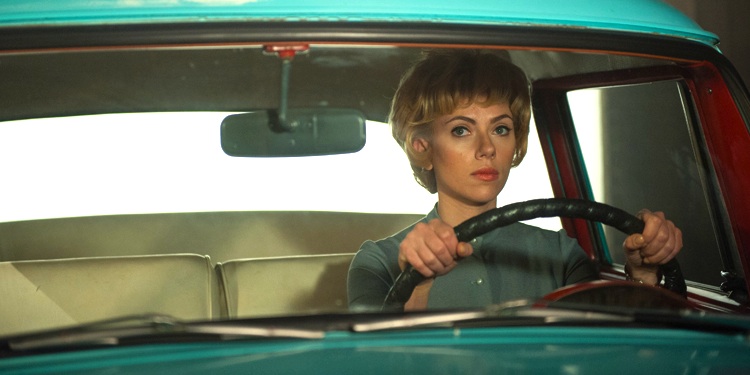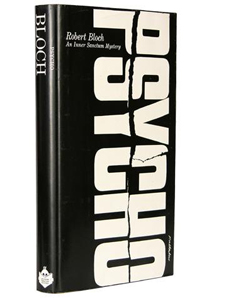[Editor’s Note: the full version of the article below and its accompanying slideshow appear today on the front page of The Atlantic.]
A guide to the famous Hitchcock trademarks that appear in Sacha Gervasi’s film about the director
By Govindini Murty. Sacha Gervasi’s new film Hitchcock takes a smart and entertaining look at the creation of Alfred Hitchcock’s scandalous Psycho, one of the seminal films of the 20th century. Based on Stephen Rebello’s book Alfred Hitchcock and the Making of Psycho, it sheds light on Alfred Hitchcock’s (Anthony Hopkins) pivotal collaboration with his wife Alma Reville (Helen Mirren), his battles with studio executives and censors, and his ambiguous relationships with his leading ladies Janet Leigh (Scarlett Johansson) and Vera Miles (Jessica Biel).
And while Psycho was considered a risky departure for Hitchcock, the film shared much with the director’s prior work, ranging from the influence of ’20s German Expressionist cinema to Hitchcock’s obsession with beautiful blondes, voyeurism, and split identities.
Here is a cultural guide to some of the themes, personalities, and cinematic references in Hitchcock.
Robert Bloch’s 1959 novel Psycho created a sensation for its depiction of the violence lurking in small-town America. The story of a demented killer who cross-dresses as his tyrannical mother in order to murder young women, the novel was based in part on the true story of convicted killer Ed Gein. When Alfred Hitchcock decided to film Psycho, he was told it would be impossible because of its controversial subject matter and was turned down by Paramount. It was only when Hitchcock announced he would fund the film’s $800,000 budget himself that Paramount agreed to distribute it.
Although Hitchcock declared that he only filmed what was in the novel, screenwriter Joseph Stefano made significant changes to the story, turning Norman Bates from a pudgy, unattractive middle-aged figure into a shy, handsome young man. Stefano also changed the story’s structure, beginning the movie with the more sympathetic Marion Crane character, rather than with Norman Bates.
>>>TO READ THE REST OF THE ARTICLE AND SEE THE ACCOMPANYING SLIDESHOW, PLEASE VISIT THE ATLANTIC.
Posted on November 28th, 2012 at 9:36am.

